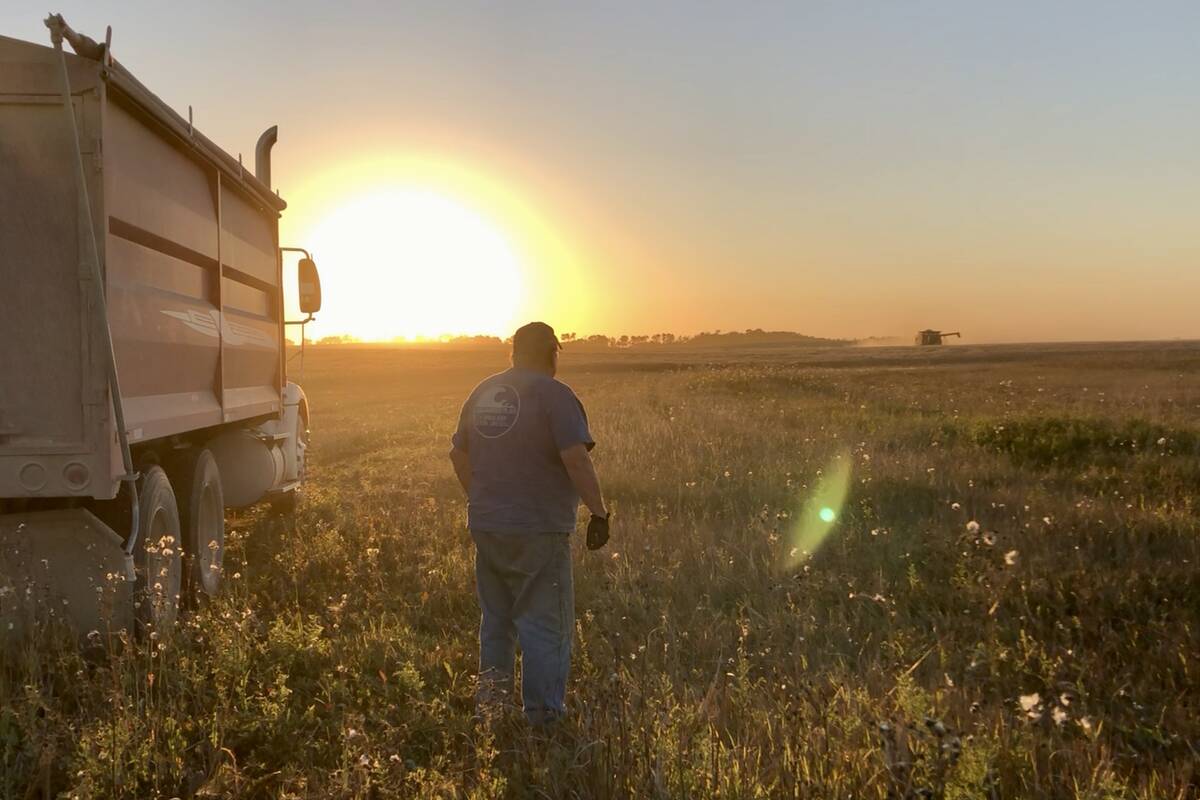WINNIPEG (Reuters) – Relentless spring rains in Western Canada will drive flax acreage to its smallest size in decades, but large stocks will limit the drop in Canadian flax exports to no worse than their lowest level in about five years, a government oilseed analyst said June 28. Canada is the world’s leading grower and exporter of flax, an oilseed used in baked goods and industrial applications like linoleum.Rain forced some farmers to abandon seeding and left standing water in fields that were planted. Flax is typically planted late and its growing area is centred in eastern Saskatchewan, which was one of the Prairies’ wettest area this year.”I’m assuming it’s one of the worst hit crops,” said Chris Beckman, oilseeds analyst for Agriculture Canada.The department expects the number of acres that farmers couldn’t plant or were flooded out to reach more than 300,000 of the 1.3 million acres of flax farmers intended to plant, Beckman said.The department will release its official acreage, export and production estimates early next week. Canada’s 2010-11 flax exports look to fall slightly to between 500,000 and 600,000 tonnes, the lowest in five years, Beckman said. Large 2009-10 carryout supplies of 350,000 to 400,000 tonnes will mitigate the expected drop in production and give exports stability, Beckman said. But farmers may have managed to plant only about two-thirds of their flax acres, said Chuck Penner of LeftField Commodity Research. “And flax is notoriously poor at dealing with wet conditions,” he said.Flax supplies limit the potential drop in exports somewhat, but export demand from China and other countries has been steadily winnowing down those stocks faster than expected, Penner said.He sees exports falling to about 500,000 tonnes in 2010-11.Farmers produced a big flax crop last year but lost access to the European Union due to contamination of loads with genetically modified seed. Weather concerns about Canadian flax have driven up linseed oil prices on the European vegetable oil market and cash prices in Canada.Commercial bids near Winnipeg last week were $427 per tonne, up $50 from the previous week but still below prices of a year ago, Beckman said. Higher prices could dampen some demand. In Europe’s absence, China has become Canada’s top flax export market in 2009-10, but it is typically price sensitive and there look to be ample supplies of competitor edible oils from soybeans and palm, Beckman said. Bigger acreages in Russia and Ukraine will also limit the rise in flax prices, Penner said.
Read Also

VIDEO: Bittersweet harvest for this family farmhand
Bruce Burnett helps his brother harvest wheat and canola for the last time on the family farm in Manitoba where they both grew up.
















